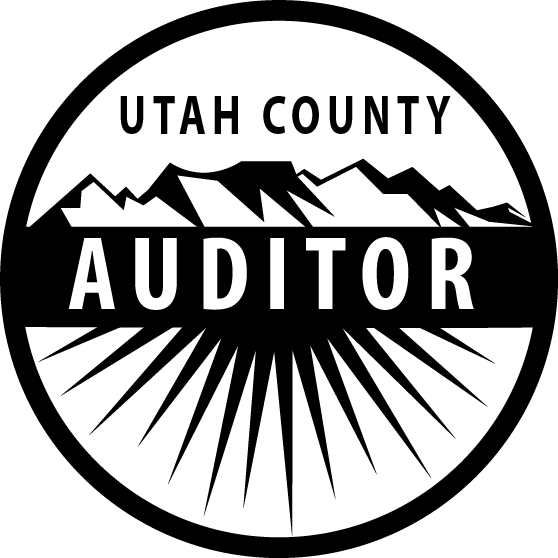
The Board of Equalization hears appeals from property owners who feel the Assessor's office incorrectly denied their application to have their property assessed as either Greenbelt or Urban Farming and/or withdrew their property and assessed the rollback tax.
ALL APPEALS MUST BE FILED NO LATER THAN 60 DAYS FROM DATE LISTED ON THE NOTICE (DENIAL OR ROLLBACK) SENT BY THE UTAH COUNTY ASSESSOR. The 60-day window is established by UCA 59-2-516 for Greenbelt or 59-2-1713 for Urban Farming. Late appeals may be filed with the Board of Equalization up to 120-days after the rollback billing date if the appellant submits a completed late petition with their application and meets the requirements set forth by the Utah State Tax Commission in Administrative Rule R884-24p for late filed appeals to the county Board of Equalization.
Individuals with questions about the Farmland Assessment Act (Greenbelt), the Urban Farming Assessment Act, or how rollback taxes are calculated should contact the Utah County Assessor’s office
The Utah Farmland Assessment Act, often referred to as the "Greenbelt" law,
is a law passed by the State of Utah in 1969. Prior to 1969, Utah farmland was assessed and
taxed according to its market value. However, as Utah population centers began to expand
into the surrounding agricultural property, the market value of agricultural
property began to rise.
This increased market value produced property taxes that made some
farming operations economically prohibitive.
In 1969, the Utah Legislature passed the Utah Farmland Assessment Act,
which provided for qualified agricultural property to be
assessed and taxed on its productive value instead of its market value.
The Farmland Assessment Act is found in the following body of Utah State Law:
- Constitution of Utah: Article XIII, Sections 2 and Section 3
- Utah Code Annotated: Sections 59-2-501 through 59-2-515
Small-scale urban farming has become more common in recent years a result of rapidly increasing population growth and urban development throughout Utah.
In addition, only 3% of fruit and 2% of vegetables needed to sustain the population are locally produced and small-scale urban
agriculture plays a vital role in the local food system (Kurtz, J.E. et al., 2020).
The Urban Farming Act was established in 2012 to help small-acreage property owners receive a tax benefit for cultivating food and other marketable crops.
The Urban Farming Assessment Act is found in the following body of Utah State Law:
- Constitution of Utah: Article XIII, Sections 2 and Section 3
- Utah Code Annotated: Sections 59-2-1701 through 59-2-1714
